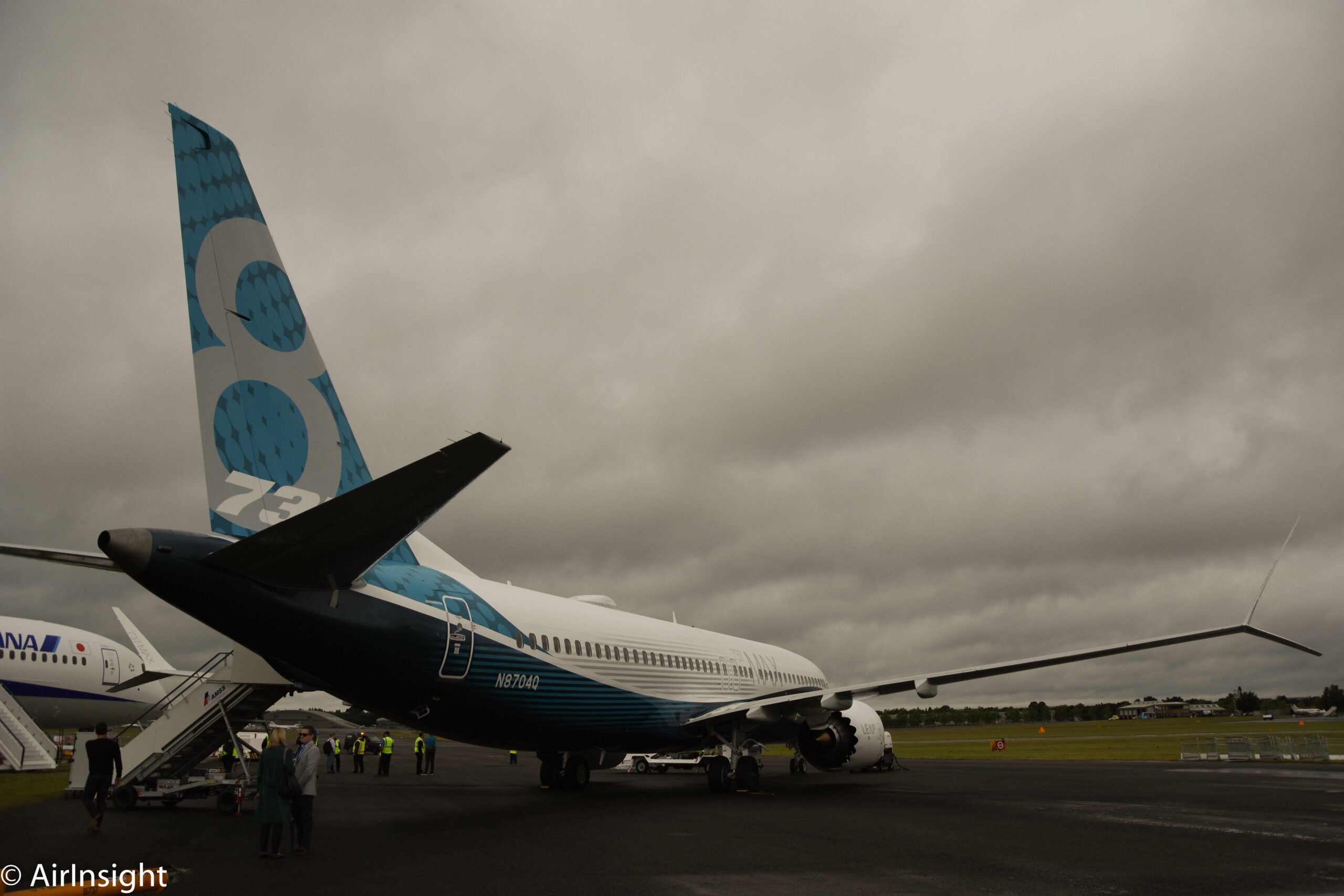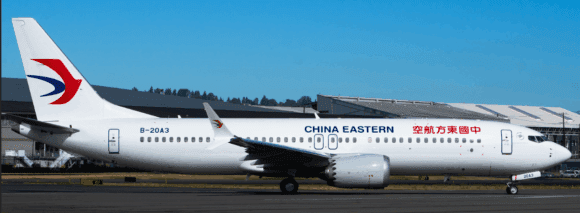
MAX8
Sunday’s news that Saudi LCC flyadeal canceled its MAX order garnered a lot of attention. It should come as no surprise though. Airlines sell their schedule up to 360 days in advance. As we have seen with other aircraft program delays, delivery delays cause schedule havoc. The 787 delays proved to be excellent news for the A330. MAX delays that seem to keep moving to the right almost certainly are going to be good for the NEO.
Running an airline comes with lots of exogenous risks. There are a well-understood series of business risks for airline managers, from weather to labor and politics. Threats literally come from all over. This is why airline managers are risk-averse. The industry as a 100% commitment to safety that adds to derisking everything possible.
The weekly litany of news on the MAX leads any risk-averse airline to conclude that derisking their business has to mean finding a solution. The first solution is to seek lift from the lessor community. If you have not secured that by now, you are unlikely to find it. Even if you did, lessors will demand a lease term beyond what the market expects for the MAX’s return to service. Moreover, lessors are going to take care of their MAX customers first in terms of securing lift.
Consequently, there are a growing number of airlines with MAX orders watching the ongoing MAX delay with valid and real fears. Several airlines have braved the delays with encouraging statements, like LOT. Then there was the rather controversial MAX order from IAG.
Despite some customers sticking with Boeing, some pilots have grown angry and launched a lawsuit. Even Captain Sully blasted Boeing.
In out 737 Data Model you can see the impact of the cancelation news in some perspective. Click on the model to drive it. Click on an airline you can see its MAX orders and deliveries.
Crucially three airlines have gone public with cancelation news. Together these cancelations amount to about 100, out of an order book of 5,106 – or 2%. They attract a lot of attention but do not amount to much. Yet
We say Yet because if our thinking about airlines needing to derisk their schedules, being unable to secure lift and their current fleet being forced into necessary maintenance (much of this is now being delayed as long as possible), turns out to be right – well then more cancelations are probably coming. It will take a lot of canceled orders to truly hurt Boeing. Moreover, Airbus cannot offer delivery slots as its own backlog stretches out as far as Boeing’s. But one has to imagine that the delays on the MAX must have broken some covenants in the contracts that allow customers to walk if they so chose.
Essentially we are looking at a case where demand outstrips supply and creates a large and unwanted business risk for the airline industry. Perhaps the most important lesson from the MAX crisis is that airlines need to de-risk their fleets by buying from both OEMs. The cost of running two fleets is a hurdle, but possibly a lower hurdle than that many airlines face now.
Views: 0





